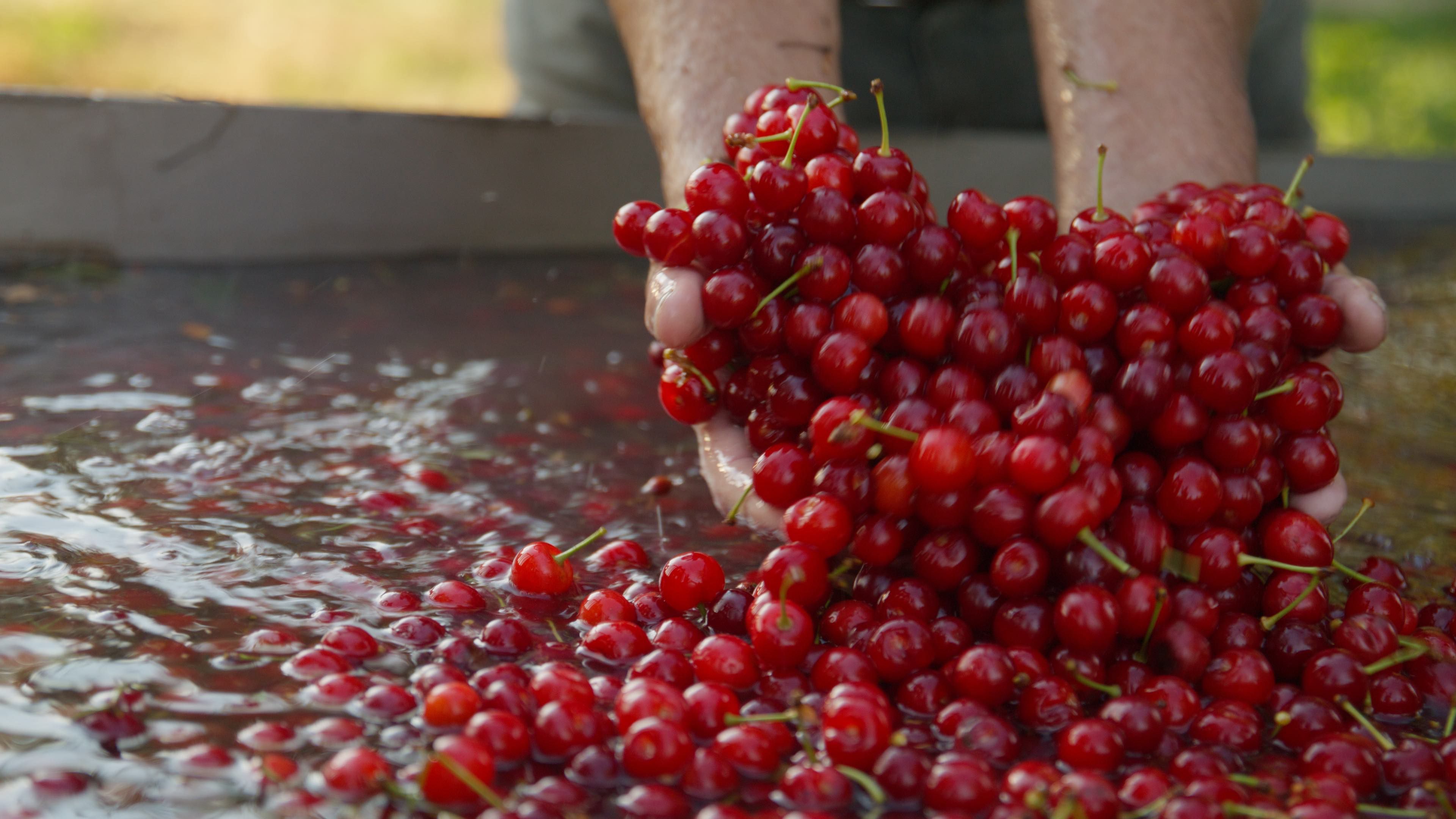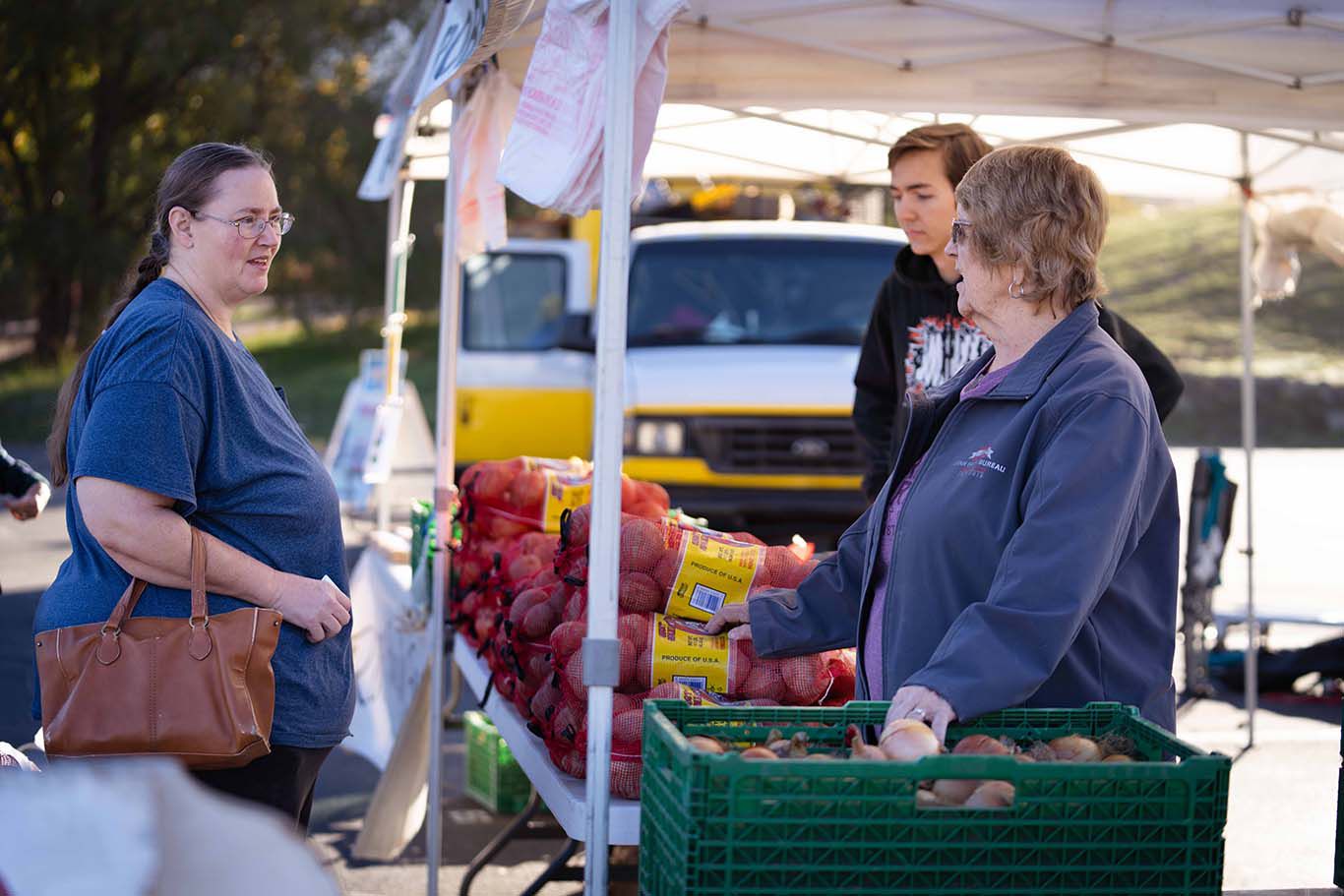Marketing Assistance Grants for Specialty Crops Now Available
Published
1/6/2025
Applications are now open for USDA’s new $2 billion Marketing Assistance for Specialty Crops (MASC) program. This initiative, administered by the Farm Service Agency (FSA), aims to help specialty crop producers manage heightened marketing costs and expand both current and new markets. However, the program’s structure does not require funds to be directed toward marketing-specific activities, functioning instead as general financial assistance for specialty crop farmers.

The announcement comes as specialty crop farmers continue to navigate economic challenges including elevated input and labor costs, volatile prices, growing global competition and uncertain regulatory and trade dynamics. Today, we explore the MASC program, including how it seeks to support growers and what farmers can expect as they navigate the application process.
The Unique Challenges of Specialty Crop Production
Specialty crops — including fruits, vegetables, tree nuts, nursery crops, and herbs — are a vital part of American agriculture. These crops not only provide nutritious food that families worldwide depend on for a balanced diet; through ornamental plants they also enrich living spaces and enhance the overall quality of life, making them integral to both health and well-being. According to the 2022 Census of Agriculture, over 239,000 specialty crop farms produced more than $115 billion in agriculture sales, supporting millions of jobs and generating billions more in downstream economic activity.

Despite their significance, the farmers who grow specialty crops face unique challenges that set them apart from other commodity producers. These crops are highly perishable and prone to damage, necessitating specialized equipment for harvesting, handling, storage and transportation. In many cases, the delicate nature of these crops requires significant manual labor, as automation options remain limited compared to other agricultural sectors. According to the most recent Agricultural Resource Management Survey, the average specialty crop farm spent over $142,000 on labor — an astounding 553% higher than the $22,000 labor expenditure reported by the average farm operation across all commodities. USDA data further highlights that labor alone accounts for nearly 45% of specialty crop operations’ variable costs, far exceeding the 9% average for other farming sectors. Additionally, specialty crop producers spend more on repairs and machine hire — 50% and 232% higher, respectively — due to the highly specialized equipment required to manage these high-value crops. On top of this, elevated prices and regulatory barriers for specialty fertilizer and pesticide products add to the financial burden. These cost dynamics, compounded by frequently burdensome state regulatory systems and fewer risk management options, often place U.S. specialty crop producers at a price disadvantage compared to their foreign-produced counterparts.
USDA intends for the MASC program to support specialty crop farmers in overcoming these challenges, with the added benefit of promoting domestic fruit and vegetable consumption. MASC is funded by the Commodity Credit Corporation, whose charter under Section 5(e) grants USDA broad authority to stabilize agricultural markets and incomes through financial assistance, marketing initiatives and other strategic interventions. While MASC is described as providing relief toward marketing expenses, the program does not police whether funds allocated to farmers are spent specifically on marketing activities, functioning instead as general financial support for specialty crop farmers.
Conclusion
The MASC program aims to support specialty crop producers by partially mitigating marketing costs and fostering the expansion of domestic and new markets. The program provides payments based on reported or projected sales of raw, commercially marketed crops, with payment factors adjusted to prioritize smaller producers and reflect economies of scale. Applications, including required forms and documentation, may be submitted through Jan. 8, 2025 – 29 days after the Notice of Funds Availability was published in the Federal Register.
Specialty crops play a critical role in providing nutritious, fresh food and enhanced living environments for American consumers. Programs like MASC can help ensure these farmers, often facing elevated labor costs and other unique challenges, remain competitive and resilient in an increasingly challenging U.S. agricultural landscape.
For more information on key features of the Marketing Assistance for Specialty Crops Program, payment calculations, and how to apply, click HERE.
Want more news on this topic? Farm Bureau members may subscribe for a free email news service, featuring the farm and rural topics that interest them most!
